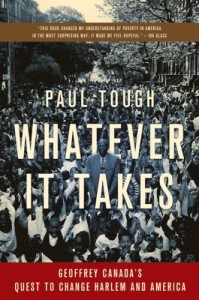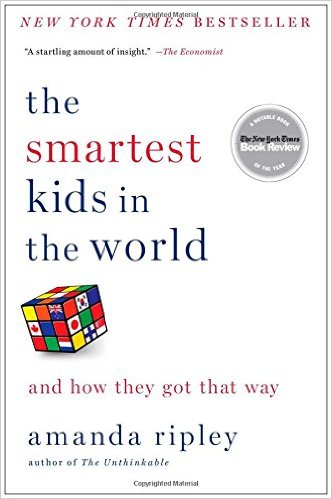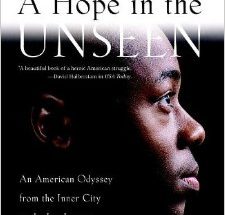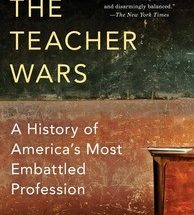For the better part of the last decade New York Times reporter Paul Tough has written about education, poverty and the obstacles to success for students in both New York and across America. In the course of his reporting Tough has produced two riveting books on the subject: Whatever it Takes (2008), and the New York Times best seller, How Children Succeed (2012).
Whatever it Takes chronicles the early struggles of an almost 100-block laboratory of wrap around services for residents in Harlem led by Geoffrey Canada – The Harlem Children’s Zone. After early years as a youth organizer in New York City, Canada set out to answer a fundamental question: “Why are people poor, why do they stay poor, and what would it take to get them out of poverty?” These questions led Canada to seek out a drastic solution – to create what he calls a conveyor belt of education and health services for the Children’s Zone residents, with the Promise Academy charter school at the center. Charter schools were a last resort for Canada. What’s more, though charters were technically public, they were privately funded. Enrollment was based on a lottery. Residing minutes from Wall Street donors did not hurt his fundraising efforts, either.
One revolutionary idea was that students needed to be followed from the womb to graduation. The book describes the challenges Canada faced, including finding teachers and administrators who shared his war-like mentality. “You have to walk in the door with a take-no-prisoners, I’m in charge, move-over-a-new-sheriff’s-in-town, let-me-at-them attitude,” says Canada. Where Canada does succeed is in his ideas, energy, and drive. “You almost need to be someone who looks in the face of reality and laughs and simply says, that’s not for me. I don’t believe that. I don’t care what the evidence is, I believe there’s a way of getting it done,” Canada continued. Yet even Canada fell short in some ways.
He switched out the school’s leadership midway through. And he ultimately did not reach his goal of graduating a class by book’s end. Whatever it Takes is a well told addition to the pantheon of books about the fight to fix education in America. While compelling, the story also takes on the controversial subject whether a charter school benefits poor children and their larger community. Tough’s views manage to stay on the sidelines, for the most part. But he sometimes wades into the discussion indirectly by his positive descriptions of charter school methods. Whatever it Takes is good early reading for anyone looking to understand some of the parameters of the debate on education and fight against poverty.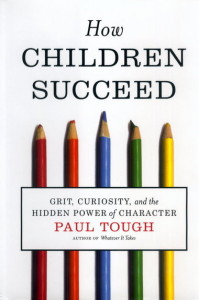
How Children Succeed continues the education discussion Tough started in Whatever it Takes. This time, however, Tough delves deeper to dispel misconceptions about how best to fix education in America. Here, Tough dives into the research. The work reads somewhat like a Columbia Teacher’s College thesis on the psychology of educational success. One such example is the discussion on parent-based intervention. This is an extension of the discussion in Tough’s previous book about the importance of building vocabulary for children from birth. The research shows that students who come to school with strong vocabularies from home have an upper hand in the classroom. To solve the issue, Geoffrey Canada implemented a system of increasing the number and type of words low- income students hear on a daily basis.
His program implements the now famous Betty Hart and Todd Risley research, which was instrumental in President Lyndon Johnson’s War on Poverty. Hart and Risley followed more than three-dozen families documenting the numbers of words and types of conversation children were exposed to before kindergarten. Tough advanced that study with new research that found that children simply do not absorb language in dedicated instances but rather all the time. Thus, parent-based intervention is limited because it does not stop the cycle of poor vocabulary transferring from one generation to the next. Rather, research has shown that the focus should be on parent-child attachment, meaning that with some intervention a parent’s poor relationship with a child can be developed and ultimately made better.
Good parent-child attachment means that a child will likely grow up in a happier environment, will finish school, have children at mature age, and possibly have better relationships with their own children. Tough’s reporting is chock full of countless resources and examples that are both practical and readily available for poor families, but typically not accessed. How Children Succeed works as a guide that moves the overall education debate forward by pointing out simple practices that anyone can use to better their children’s lives.

